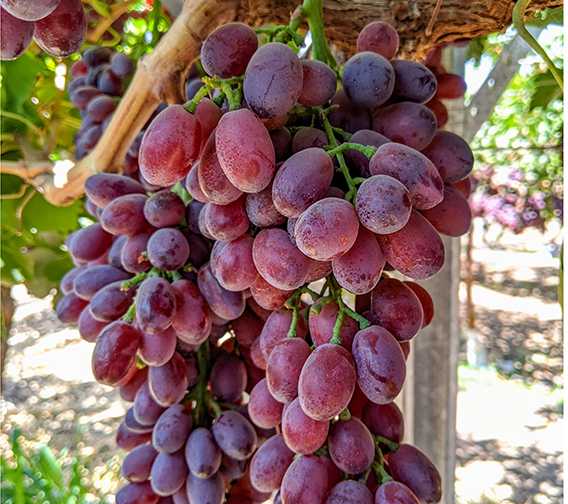Growers, It’s Time to Tell Your Story
Slavery is a word that gets your attention, especially when it’s applied to what you do for a living. It’s no wonder then that more than a few fruit growers from the state of Washington got a little upset recently when a legislator from Seattle proposed a bill intended to combat slavery in the food chain.
I’m not sure if she meant to imply that growers were somehow associated with slavery, but as I say, it’s a word that gets noticed. And being pure ugly, it should. But I doubt she thought growers would get so offended. It’s not that there aren’t urban legislators in this country who are anti-farming — or anti-pest control, or anti-irrigation, which is the same thing as being anti-farming. But most are just ignorant.
A sharp editor here at Meister Media Worldwide remarked on the anti-slavery legislation, saying it’s too bad so many urbanites are so out of touch with farming, especially when the farming in question is being practiced just a couple hours from their districts. These urbanites have lost touch with reality, she lamented.
Very true, but on the other hand, their reality doesn’t remotely include farming. Most of America is so far removed from where their food comes from, folks have no clue. Farmers have gotten so amazingly productive that food has gotten relatively cheap; it’s not an issue for average citizens. Though it will be if the legislators interfere too much in the way farmers farm.
Complaining about the ignorance of urban legislators is certainly not going to solve anything, though education might. But it’s going to take a lot of work, more than it ever has.
The situation is particularly clear here on the West Coast, where the political power in all three Pacific Coast states — Washington, Oregon, and California — seems to be growing more along the coast. Most of the farming in each state takes place inland, which means less of a voice for, and more ignorance of, farm country.
This is a bit of an oversimplification, but one thing is clear: growers are going to have to work harder than ever to make sure their voices are heard. That means communicating with your own representatives, sure, but it also means communicating with anyone outside your normal social sphere about what you do and how you do it.
You’d be surprised at how much a lot of the 99% of the population not involved in ag would be fascinated. Millennials are increasingly interested in where their food comes from, especially items consumed whole like fresh fruit. So that means they’re interested in you.
It doesn’t have to be a big deal. Years ago I visited a walnut grower here in Modesto, CA, named Paul Wenger, who served as the President of the California Farm Bureau Federation. He had some advice for growers that is beautiful in its simplicity and will become even more valuable in the years ahead.
“When you’re on a plane, when you’re in line at the movie theater, tell people who you are,” he said. “The best thing you can do is reach out, shake hands, and tell people, ‘I’m a farmer, and this is what I do.’”









